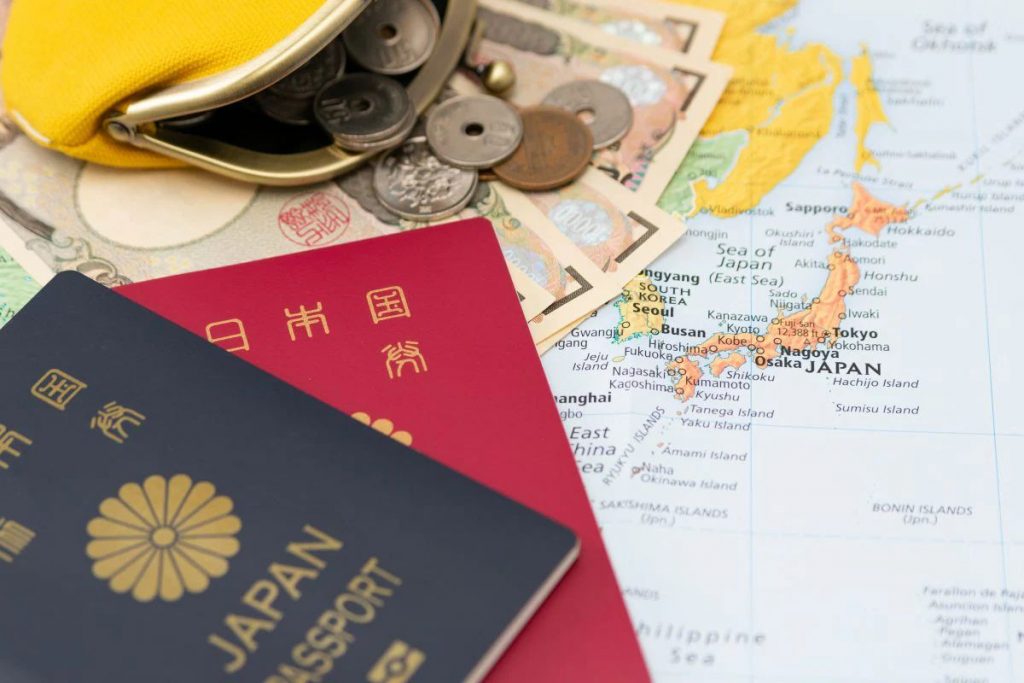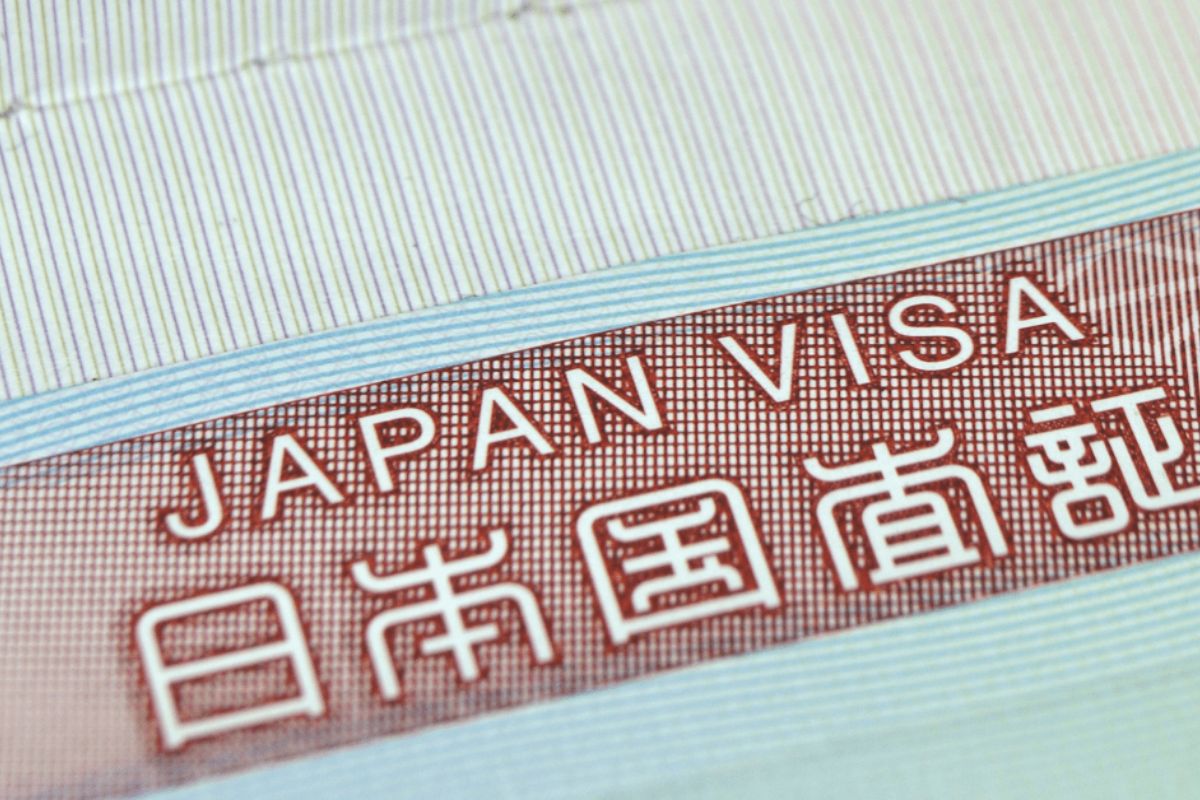In a major shift to address its labour shortage, Japan announced on Friday that it will scrap its controversial foreign trainee program and introduce a new visa system offering greater protections and a pathway to permanent residency for skilled foreign workers.
The new system, approved by Cabinet ministers, seeks to address criticism of the existing scheme as a conduit for cheap labour.
Visa Upgrades
Under the proposed changes, individuals entering on a three-year trainee visa will have the opportunity to transition to a skilled worker category, extending their stay up to five years and potentially securing permanent residency—a move intended to address Japan’s labour shortages across various sectors.
Key Changes

The proposed system retains restrictions on eligible job categories for foreign trainees, reflecting the conservative stance on immigration. However, it allows trainees to change jobs within the same category after one to two years, addressing concerns about workplace exploitation.
New “Specified Skills Visa”: Replacing the Technical Intern Training Program (TITP), the new visa grants three-year stays with the possibility of renewal and eventual transition to a five-year “Skilled Worker” visa.
Improved protections: Stricter regulations aim to combat exploitation and abuse by addressing issues like wage disparities, limited job mobility, and inadequate language training.
Path to permanent residency: Skilled workers with relevant experience and qualifications can now apply for permanent residency, potentially increasing Japan’s talent pool and diversity.
Language Proficiency Requirement
Applicants under the revamped trainee system will be required to demonstrate proficiency in the Japanese language, a measure aimed at enhancing integration and communication within the workforce.
Also Read: Japan Introduces New 6-Month Residency Visa for Digital Nomads
Targeted Sectors
The new program will prioritize specific industries facing critical labour shortages, including:
- Services: Hospitality, nursing care, elderly care, and childcare.
- Manufacturing: Production and assembly line operations.
- Construction: Infrastructure development and building projects.
Criticism of the Current System
The Technical Intern Training Program, established in 1993 to transfer skills to developing countries, has been mired in controversy, and accused of fostering abusive conditions and unequal treatment.
Last June, nearly 360,000 trainees participated, primarily from Vietnam, Indonesia, and the Philippines, according to government data.
Reform Agenda
Responding to reports of abuse and labour rights violations, the government’s decision to overhaul the program follows the recommendations of a government panel. The new initiative aims to curtail maltreatment and create a more equitable system for foreign workers.
Conclusion
Japan’s proposed reforms to its foreign trainee program signal a significant shift towards attracting skilled workers while addressing concerns about labour exploitation. As the nation navigates demographic challenges, these changes underscore a commitment to creating a more inclusive and equitable environment for both domestic and foreign workers.
Follow and connect with us on Facebook, Twitter, LinkedIn, Instagram and Google News for the latest travel news and updates!





